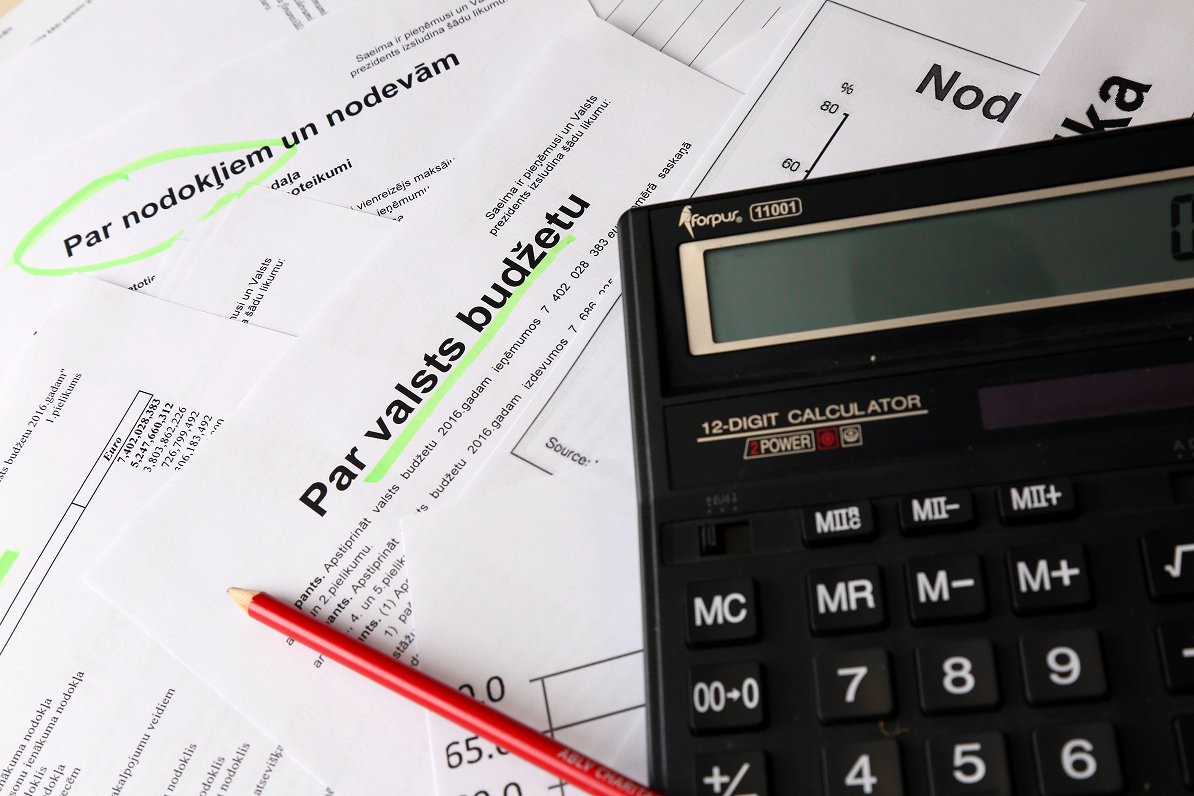Internationally, the broader definition "tax expenditures" is preferred to define reducing or postponing taxes for a comparatively small group of taxpayers, the ministry's representatives said.
Currently, tax breaks and exemptions in Latvia annually amount to €2.5 billion on the average, which makes up approximately one-third of total tax revenue, the Finance Ministry's representatives said.
According to the Finance Ministry's estimates, personal income tax exemptions annually amount to approximately €900 million, corporate income tax breaks - approximately €300 million or about 75% of total corporate tax revenue, and natural resource tax exemptions - approximately €200 million - which is almost eight times more than the total revenue from natural resource tax.
Excise tax breaks annually make up EUR 146 million which, compared to other tax breaks, is not much - 16 percent of the total excise tax revenue, while property tax breaks - €16 million (7% of total property tax revenue).
Tax exemptions for social purposes accounted for 68% of the total amount of tax exemptions, tax breaks for promoting investment - 15.7%, tax exemptions for protection of natural resources - 8.2%, and tax exemptions for agriculture - 2.6%.
The total amount of tax breaks in 2017 was equal to 9.49% of gross domestic product.
The Finance Ministry points out that the total amount of tax breaks has been growing for the past several years, except in 2017 when the amount decreased 5%.
The Finance Ministry believes that tax exemptions should not be indefinite and the proportion of total amount of tax breaks in GDP needs to be analyzed. When new tax exemptions are considered, their purpose must be defined, and the less-effective tax breaks should be lifted, believes the ministry.































